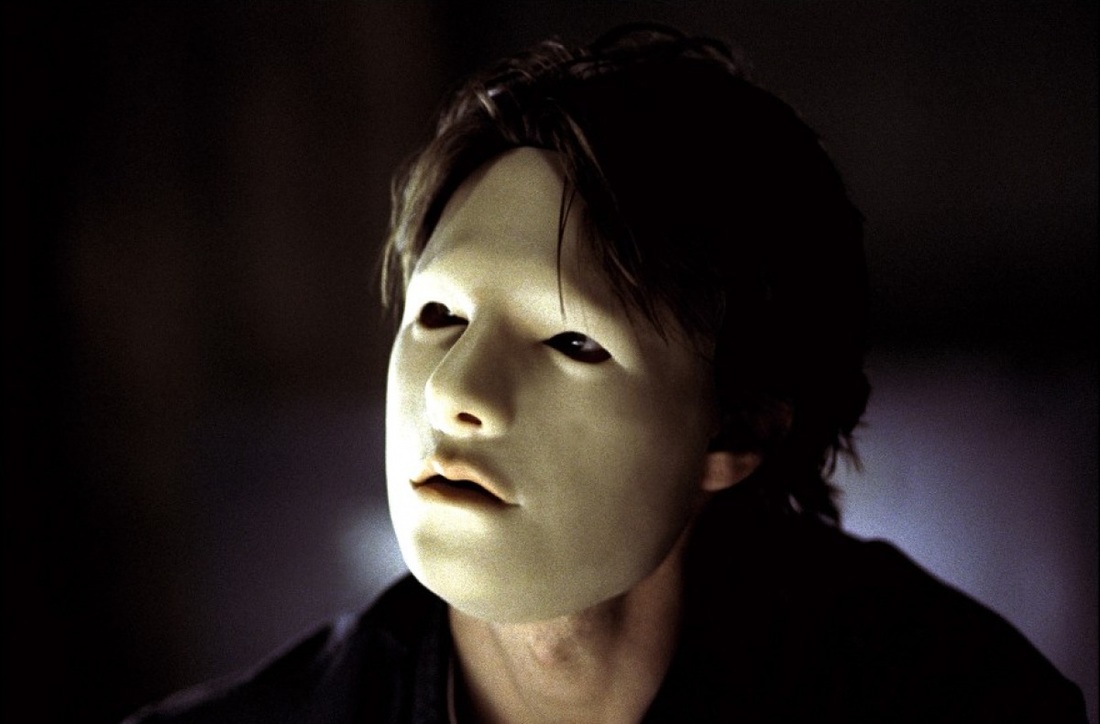|
All you need to do to review a film or television programme is watch it then write about it, right? Wrong. All the best film and TV reviews have one thing in common: solid research. On a very basic level research involves getting your facts straight. Who is the director? What year was the film released? On what channel was the television programme first broadcast? Who are the actors (check spellings!)? “Research is formalized curiosity. It is poking and prying with a purpose” - Zora Neale Hurston But decent research needs to go further than this. The second stage of research should dig a bit deeper. What did the director direct previously? How do their previous films compare to the one you are reviewing? Yes, this might mean watching more films, if necessary to your review. How does the central performance or performances compare to the actors' previous performances? What other comparisons can be made? Has the film or television programme sparked any particular debates or discussions following its release or broadcast? Has/could it been compared to other films or TV programmes? The third stage of your research should be focused around your film or TV programme in relation to the area of [recall] that you are focusing on. Think about how the film approaches [recall] in comparison to other films or TV programmes. If you are focusing on a film about Alzheimer's, for example, are there any other noteworthy films that have focused on the disease? How does your film compare? Research is often the most enjoyable part of writing so embrace it and see where it takes you. Do be careful not to go off on too much of a tangent though. Your review can be no longer than 550 words so you want to ensure that every word is relevant.
0 Comments
|
Archives
December 2019
Categories
All
|



 RSS Feed
RSS Feed
